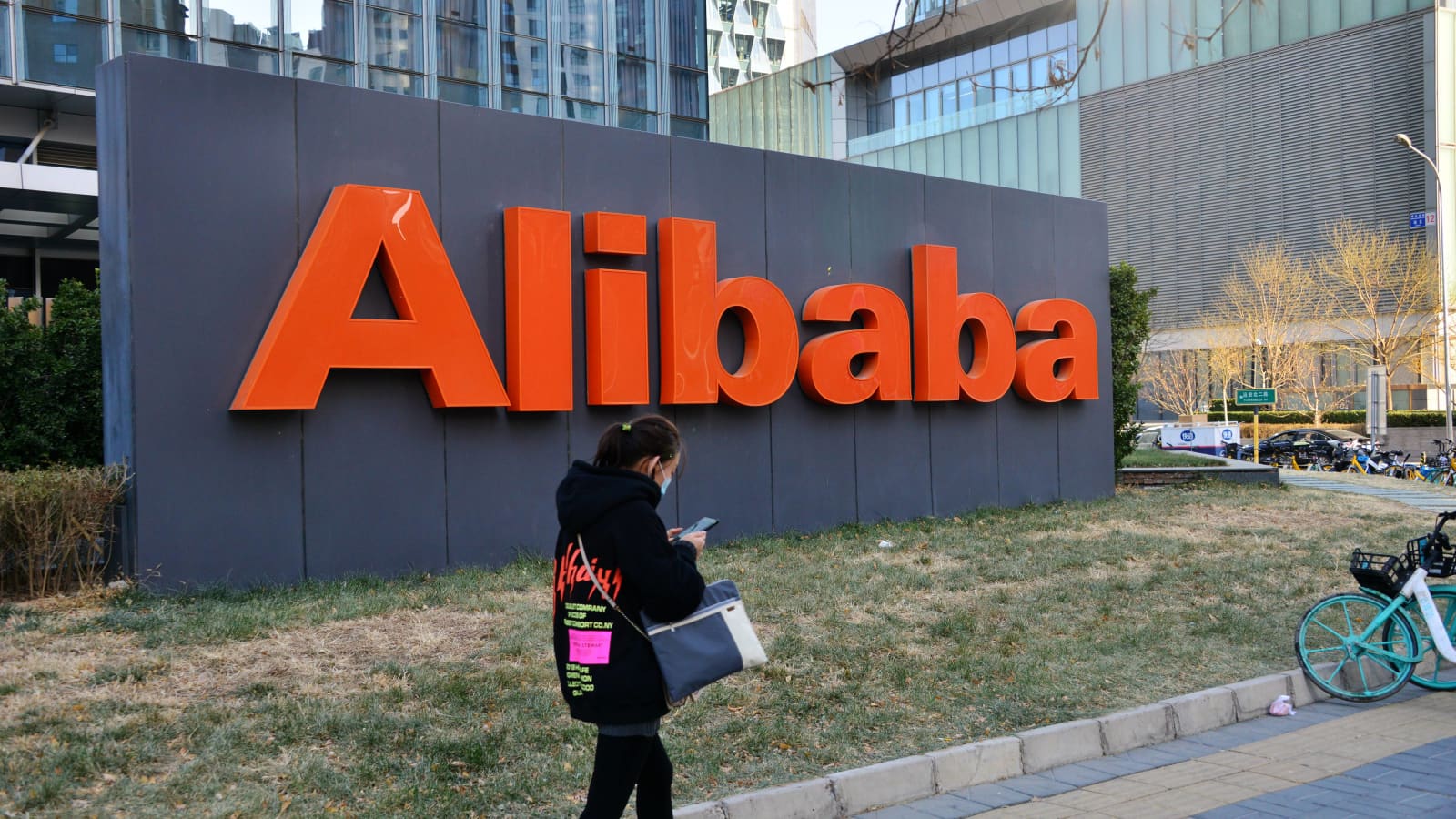HONG KONG — Alibaba plans to spin off some of its vast e-commerce and finance empires as separate businesses to make them more flexible and maximize their value, according to top executives, as the company emerges from regulatory crackdowns that have roiled Chinese tech industries.
Alibaba CEO Daniel Zhang outlined a plan revealed earlier this week to divide Alibaba into six major groups as a prelude to some of its businesses going public. Following a series of setbacks as regulators tightened oversight of the industry, the restructuring signals a new stage in Alibaba’s development.
Alibaba will be “like a holding company that is the controlling shareholder of the business group companies,” Zhang said during a conference call.
Toby Xu, CFO of Alibaba, stated that the company would continue to assess the strategic importance of group companies after they go public and determine whether or not to retain control. He refused to indicate when they might be made public.
“We believe the market is the best litmus test,” Xu said. “As and when they are ready, each business group company can pursue independent fundraising and IPOs.”
Since the restructuring was revealed on Tuesday, the company’s stock prices in Hong Kong and New York have risen nearly 15%. The company’s Hong Kong-listed stock was up 0.9% by noon Thursday.
The plan and the recent return of Alibaba founder Jack Ma to China after months overseas mark a turnaround after several hard years. Chinese regulators singled out Alibaba for scrutiny in a crackdown on technology and internet firms, halting Alibaba’s financial affiliate Ant Group’s planned IPO in 2020.
Since November 2020, when he openly criticized China’s regulators and financial systems during a speech in Shanghai, Ma has maintained a low profile with few public appearances.
Ant had planned to raise $34.5 billion in what would have been the world’s biggest initial public offering. As Chinese authorities clamped down on the once-freewheeling technology sector, Alibaba was investigated and fined $2.8 billion for antitrust violations.
crackdown on technology and internet firms, halting Alibaba’s financial affiliate Ant Group’s planned IPO in 2020
The company will be divided into several groups: Cloud Intelligence Group, Taobao Tmall Business Group, Local Services Group, Global Digital Business Group, Cainiao Smart Logistics, and Digital Media and Entertainment Group. Aside from Taobao Tmall, each group may pursue an initial public offering. Alibaba Group will continue to be the sole owner of Taobao Tmall.
Zhang predicted that the restructuring would be difficult, but it would also “allow all of our businesses to become more agile, improve decision making, and enable faster responses to market changes.”
The restructuring plan, among other things, may allay past antitrust concerns because, as Zhang explained, each Alibaba business unit would be empowered to make its own choices and collect money independently.
“The looser connections between the business units are consistent with the regulatory stance of encouraging competition,” according to a Moody’s Investor Service analyst note.
Alibaba’s restructuring — the first of its kind in the Chinese technology industry
Alibaba’s restructuring — the first of its kind in the Chinese technology industry — could also serve as a model for other businesses, such as online games company Tencent. Tencent’s stock rose following Alibaba’s statement on Monday.
According to CreditSights, “we believe that Alibaba’s new organizational structure could be used as a template by Chinese regulators for other Chinese Big Tech firms.”
According to Francis Lun, CEO of Geo Securities in Hong Kong, the company’s move will likely enable the group to raise more capital in the short run. However, the business may need help to remain competitive in mergers and acquisitions.
“You’d be a lightweight competing against heavyweights like Apple, Amazon, and Alphabet if you split into six business units,” Lun said.
He stated that only that the company’s e-commerce and cloud divisions were profitable and that the other units may fail in the long run.
SOURCE – (AP)











